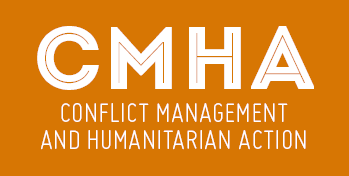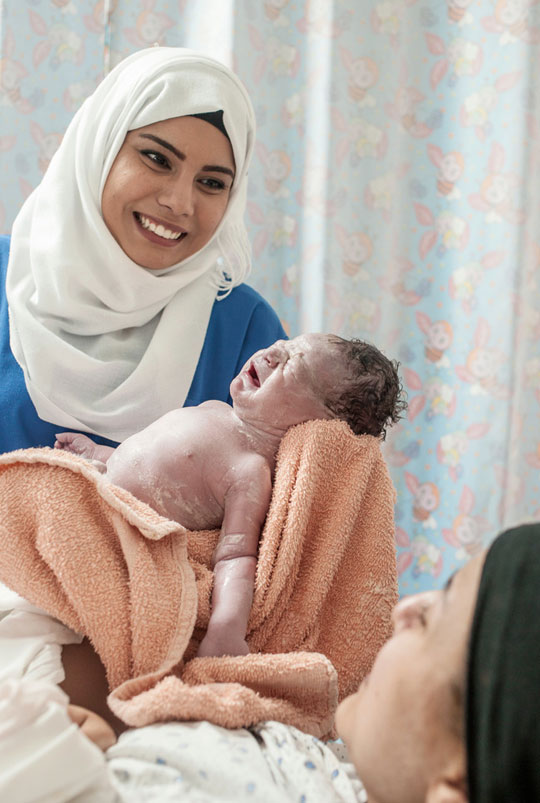Pillar IV
PROFESSIONAL SEMINARS
Co-ordinator: Tommaso Fabbri and Luca Verzichelli
Modules:
1. Introduction to global health. Health priorities, and agenda in the humanitarian context
This seminar explores the meaning, scope and blurry boundaries of Global Health with a specific focus on the definition of health international priorities in health and agenda considering different perspective.
2. Violence to peace transition
This seminar discusses through the analysis of selected cases study the crucial transition from war to peace. It provides the students main debates and key issues related to conflict resolution, peace building, disarmament and post conflict reconciliation programmes.
3. Humanitarian advocacy: the case of MSF
This seminar provides a practical understanding of the humanitarian advocacy. Starting from the history of advocacy in MSF and exploring the role of advocacy in humanitarian crisis; at the end of the course the participant should be able to determine priorities, build up strategies, using tools and cope with challenges. The module takes into consideration several case studies. Advocacy and migration are also analysed especially focusing on the current Italian context.
4. Security management
5. Mapping migration
The multidisciplinary approach of the Atlas and the participation of numerous researchers, experts, cartographers and photo-reporters from different countries reflects the work of analysis and political reflection on migration carried out by the Euro-African network Migreurop. The reasons for migration are confronted with European policies for the control and management of human mobility; the technical development of a military-humanitarian device is read through the prism of geopolitical evolution on the European borders.
6. Public health in complex humanitarian emergency
This course provides an integrate understanding on Public health interventions needed to respond to outbreaks and health emergencies. The lecture introduces to the components for an effective and coordinated response, concept of International Health Regulations (IHR 2005). health risk assessment and Complex Humanitarian Emergencies.
7. Case studies presentations
8. Gender, conflict management and humanitarianism
9. Public communication and NGOs
This seminar is an introduction to the stakes, the potential and the limitations of public Communications for humanitarian players. The lecture refers to MSF field experience in conflict settings as well as other recent humanitarian crises, (.e.gebola, migration etc..). Several paramount aspects of humanitarian Communication are explored such as: Public positioning (e.g MSF temoignage), Public communication strategies, communication tools and practices.
10. Management tools



